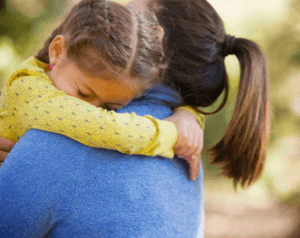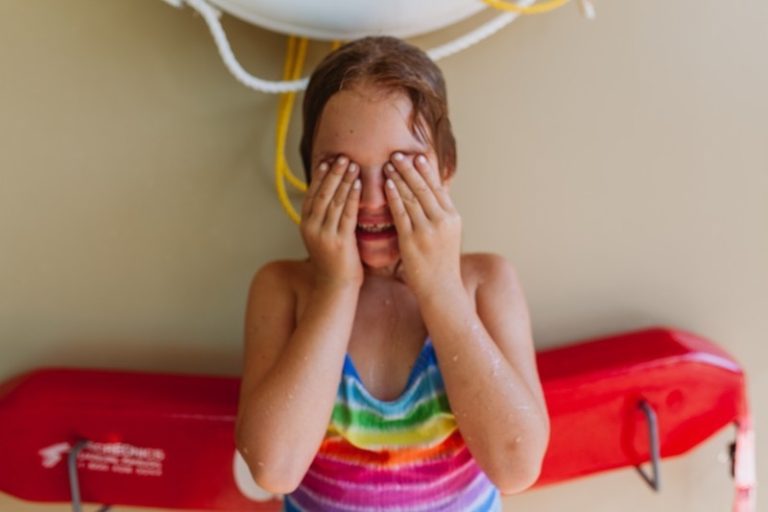Organization Tips for the Child with ADHD
‘Remember that organization is a skill. To some it comes naturally. To others it must be taught. Keep taking small steps to teach your child or teen, and they will be able to learn some simple and effective organizational strategies. Your child will feel much better and more capable in their world when they can start to become more independent and more in control.”….
![]()












